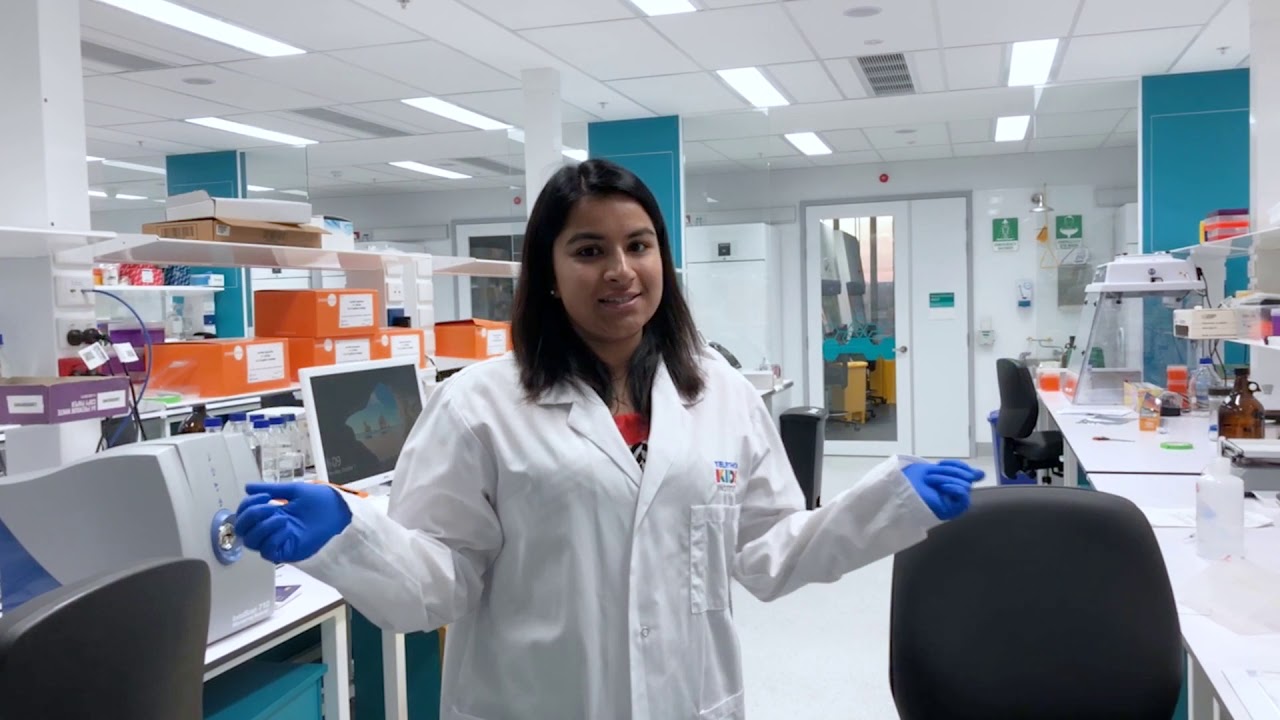Search

News & Events
Social and emotional wellbeing with Deadly Sista GirlzA mentally healthy future for all children About Embrace Please direct general enquiries to our reception on (08) 6319 1000. Please direct media

News & Events
WATCH: Finding our Voice webinarPresenters for the Finding our Voice webinar held at The Kids Research Institute Australia on Tuesday 21 May.

News & Events
Something to crow about at State LibraryProfessor Helen Milroy's Crow Baby artwork is on display at the State Library of WA.

News & Events
Branching out with new community partner Blue Tree ProjectBlue Tree Project founder Kendall Whyte (bottom right) with staff at an event held with Embrace @ The Kids Research Institute Australia.

News & Events
New podcast Embracing the MindEmbrace @ The Kids Research Institute Australia's Dr Alix Woolard is hosting our new podcast, Embracing the Mind

News & Events
PhD top up award to help tackle systemic inequalitiesEmbrace PhD top up award to help Elmie Janse van Rensburg tackle systemic inequalities through research into intergenerational trauma.

Crisis and mental health support organisations and contact details Emergency Assistance 000 Lifeline Phone and online counselling support available
Help shape how hospitals care for children and families by joining one of our Consumer Advisory Groups

Read all the latest Discovery Centre news and events.

News & Events
Discovery Centre is openingWe are delighted to announce that on Monday 6th July 2020 at 9am the Discovery Centre will reopen it’s doors to the public!
